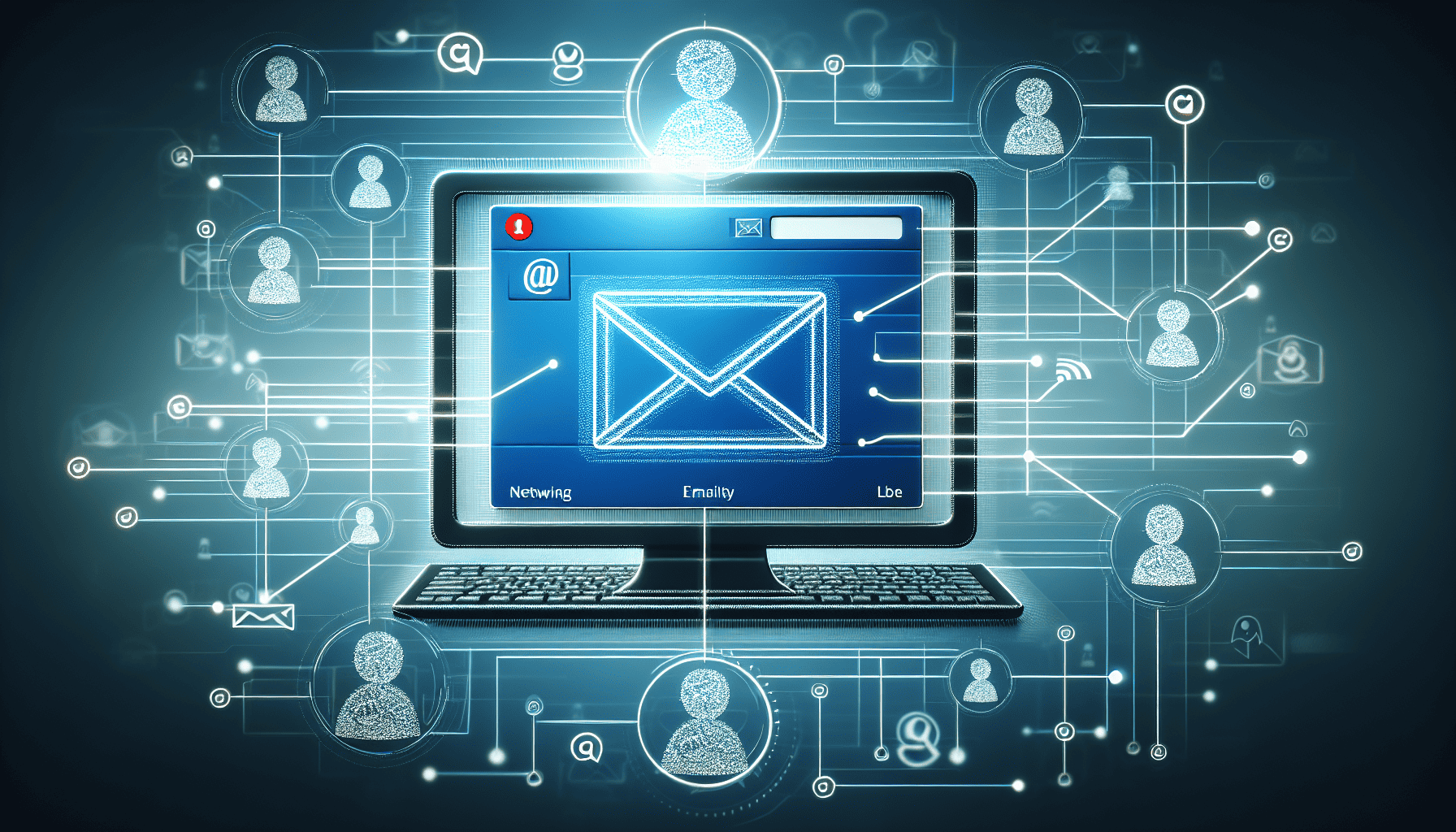Email marketing is a powerful tool that, when used thoughtfully, can become the backbone of a company's communication strategy. It isn't just about sending promotional messages or updates—it's about creating a bridge between a business and its clients that fosters trust, loyalty, and long-term relationships. This article explores how companies can leverage email marketing to build strong relationships with their customers through personalization, leveraging the right tools, and crafting compelling content strategies.
Personalization Techniques
One of the key ways email marketing can be used to build relationships is through personalization. In today's market, consumers expect personalized experiences, and email marketing is a perfect venue for them. Using customer data to segment your audience can help tailor messages that speak directly to their needs and preferences. For instance, using a customer's past purchase history to send relevant product recommendations can lead to increased engagement. Personalized subject lines, tailored offers, and customized greeting messages can make recipients feel valued and understood. Studies have shown that emails with personalized subject lines have higher open rates, demonstrating the importance of this approach.
Moreover, automation tools can help marketers send personalized messages at scale, ensuring that each recipient receives content that feels bespoke. By setting up automated trigger emails that respond to specific actions taken by a user—such as welcoming a new subscriber or sending a special offer on a birthday—businesses can maintain a consistent and personal dialogue with their clientele.
Tools for Effective Email Marketing
The effectiveness of email marketing efforts relies heavily on the right tools. There are numerous email marketing platforms like Mailchimp, HubSpot, and ConvertKit, each offering various features tailored to different needs. These platforms can handle everything from list management and segmentation to A/B testing and analytics tracking.
A/B testing, in particular, is a useful feature that allows marketers to experiment with different elements of their emails—such as subject lines, images, and call-to-action buttons—to determine what resonates most with their audience. By understanding what drives engagement, businesses can refine their strategies and improve the effectiveness of their campaigns over time.
Additionally, tools that provide analytics and insights are crucial for assessing the success of an email marketing strategy. Metrics such as open rates, click-through rates, conversion rates, and unsubscribe rates provide valuable feedback that can help marketers adjust their tactics to better serve their audience and achieve their business objectives.
Content Strategies for Relationship Building
The content of your emails is just as important as the tools you use and the level of personalization. A well-crafted content strategy is essential for building and maintaining strong customer relationships. The key is to focus on delivering value to your customers. This means not just sending promotional content, but also providing information, insights, and entertainment that your audience finds useful.
Educational content—such as how-to guides, industry news, and expert insights—can position your business as a trusted authority in your field. Storytelling is another powerful tool for engaging audiences, allowing you to share behind-the-scenes looks at your company, case studies, and customer testimonials that humanize your brand and create emotional connections.
Frequency and consistency in content delivery are also critical. Sending emails too frequently might overwhelm subscribers, while infrequent communication could lead to disengagement. Finding the right balance is essential, and this often requires paying attention to your audience's feedback and adjusting accordingly.
In conclusion, email marketing is an incredibly effective way to build lasting relationships with clients when executed properly. By leveraging personalization techniques, choosing the appropriate tools, and implementing strategic content plans, businesses can create meaningful interactions that enhance customer loyalty and drive long-term success. In building these relationships, email marketing goes beyond being just another channel—it becomes a bridge that connects companies with their customers on a deeper level.
